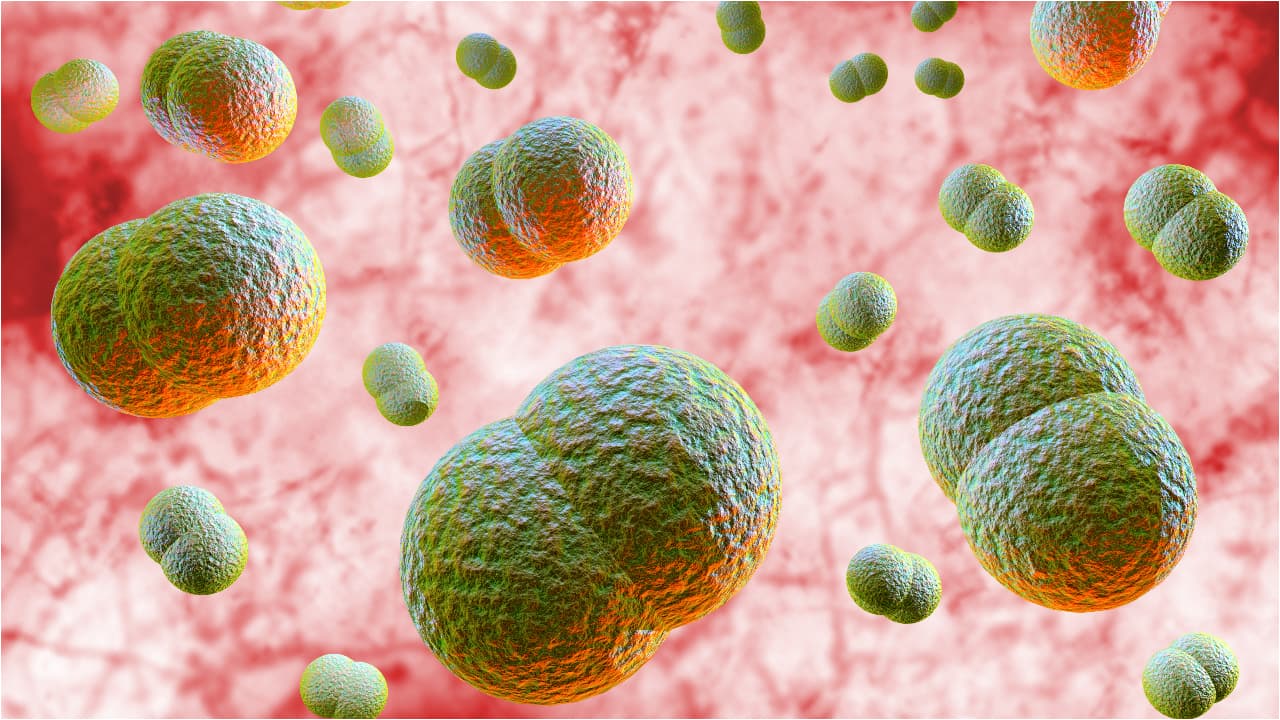Two more cases of amoebic meningoencephalitis have been reported in children in Kerala. Health officials are investigating the source of the rare, often fatal brain infection caused by an amoeba in warm freshwater.
Thiruvananthapuram: Two more cases of amoebic meningoencephalitis have been reported in Kerala, taking the total count in the state higher. The newly confirmed cases involve a three-and-a-half-year-old child from Kannur and a six-year-old from Kasaragod. Both children are currently receiving treatment at Kozhikode Medical College, where doctors say their condition is stable.
Just a day earlier, a 62-year-old man from Kodumbu panchayat in Palakkad was also diagnosed with the rare and life-threatening infection. The patient first sought medical care on October 5 at the Kodumbu Primary Health Center, followed by treatment at the Koduvayur Community Health Center. He was then referred to the District Hospital, where a preliminary test on October 6 pointed to the disease. When the diagnosis was confirmed on October 8, he was transferred to Thrissur Medical College. His condition has since worsened, and doctors have placed him on a ventilator.
Health officials have not yet pinpointed the source of the infection. To trace it, water samples from five local sources have been collected for testing, and an extensive inspection is currently underway in the affected area.
What Is Amoebic Meningoencephalitis?
Amoebic meningoencephalitis is a rare but often fatal brain infection caused by the free-living amoeba Naegleria fowleri. This organism thrives in warm freshwater environments like ponds, lakes, and untreated water storage. The infection occurs when the amoeba enters the body through the nose-often during swimming, bathing, or washing in contaminated water-and travels to the brain, triggering inflammation.
The amoeba attacks the brain by penetrating through tiny openings near the nasal cavity or through a damaged eardrum. Once infection sets in, it progresses rapidly, with a mortality rate exceeding 97 percent. Fortunately, the disease is not contagious and cannot spread from one person to another.
Symptoms and Early Warning Signs
Initial symptoms include fever, severe headache, vomiting, nausea, neck stiffness, and sensitivity to light. As the infection worsens, patients may experience seizures, confusion, memory loss, or loss of consciousness. Health experts advise that anyone experiencing these symptoms after recent exposure to untreated or stagnant water should seek immediate medical attention.
